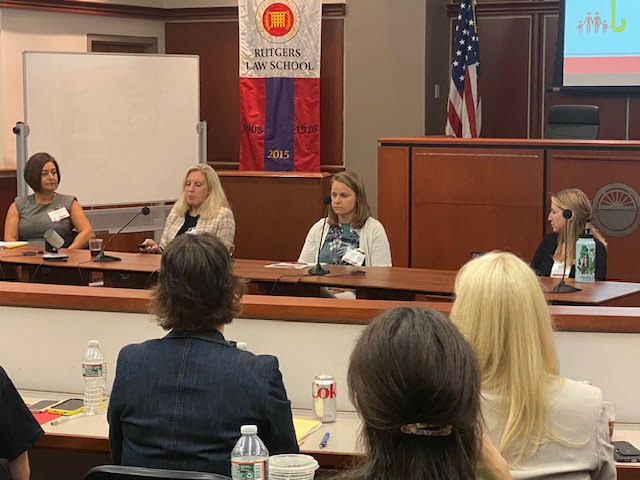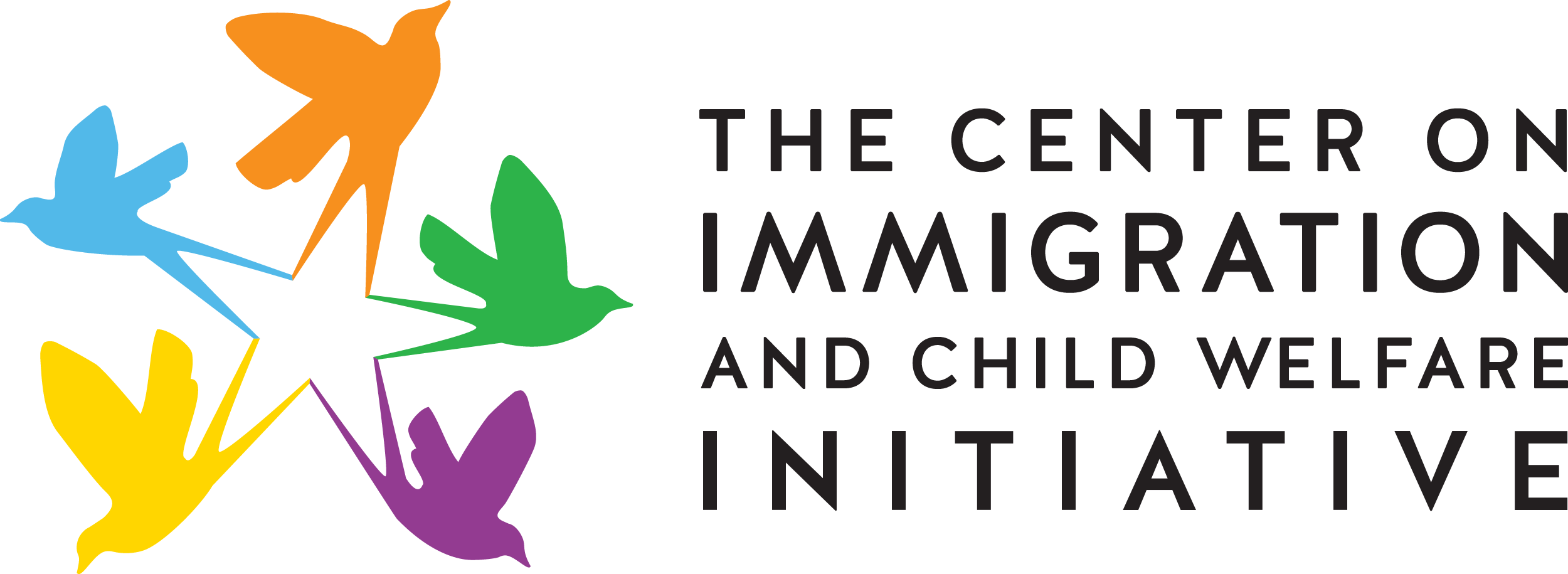
Convening on Legal Access & Addressing the Immigration Needs of Foster Children
Rutgers Law School • June 14, 2024
On June 14th, 2024, Rutgers Law School and Casey Family Programs hosted a convening on legal access and addressing the immigration needs of foster children. The event brought together agency leaders, children’s attorneys, practitioners, and other stakeholders from nine jurisdictions with large numbers of immigrant children (AZ, NV, CO, CT, DC, ME, NC, TN, and WA). The goal was to begin a dialogue around best practices, innovations, and areas for improvement in serving immigrant children in the child welfare system, especially with respect to meeting their legal needs.
The event featured three panels. The first was a powerful lived experience panel, “Empowerment through Advocacy: Immigrant Youth Rights,” during which three youth shared about their experiences in the child welfare system, including the importance of legal representation and what is needed from caseworkers. A second panel, “Differing Models for Providing Legal Representation,” highlighted various approaches to providing legal representation to children in custody from New Jersey, New York City and the Children’s Law Center of California.
The third panel, “Aligning the Needs of Immigrant Children and Families with Child Welfare Principles,” was moderated by CICW Director, Dr. Kristina Lovato. This panel discussed the core principles of child welfare – safety, permanency, wellbeing – and highlighted some key tools and model approaches to help address children’s immigration needs. Rachel Konrad with Casey Family Programs shared about the importance of immigration legal supports and a new Immigration Referral Tool for caseworkers and child welfare attorneys. Meredith Pindar with the New Jersey Department of Children and Families discussed how NJ has enabled undocumented family members to become licensed as foster parents. Emily Steiner with the Arizona Department of Child Safety shared an agency perspective on how Arizona DCS is addressing barriers and challenges to serving immigrant children and families.
Convening participants also had the opportunity to engage in breakout sessions and discussions on opportunities and next steps toward enhancing engagement, service provision, and legal access for immigrant children in foster care. We extend our gratitude to Rutgers Law School, Casey Family Programs, and our group of steering committee members for all their hard work in creating this opportunity to bring folks together to dialogue and brainstorm on improving experiences and outcomes for immigrant children who touch the child welfare system.

